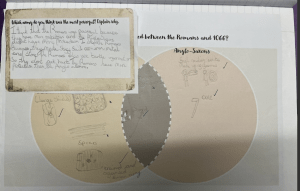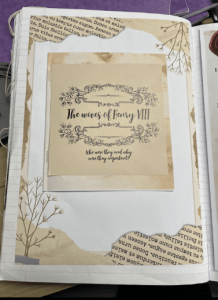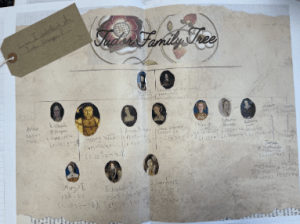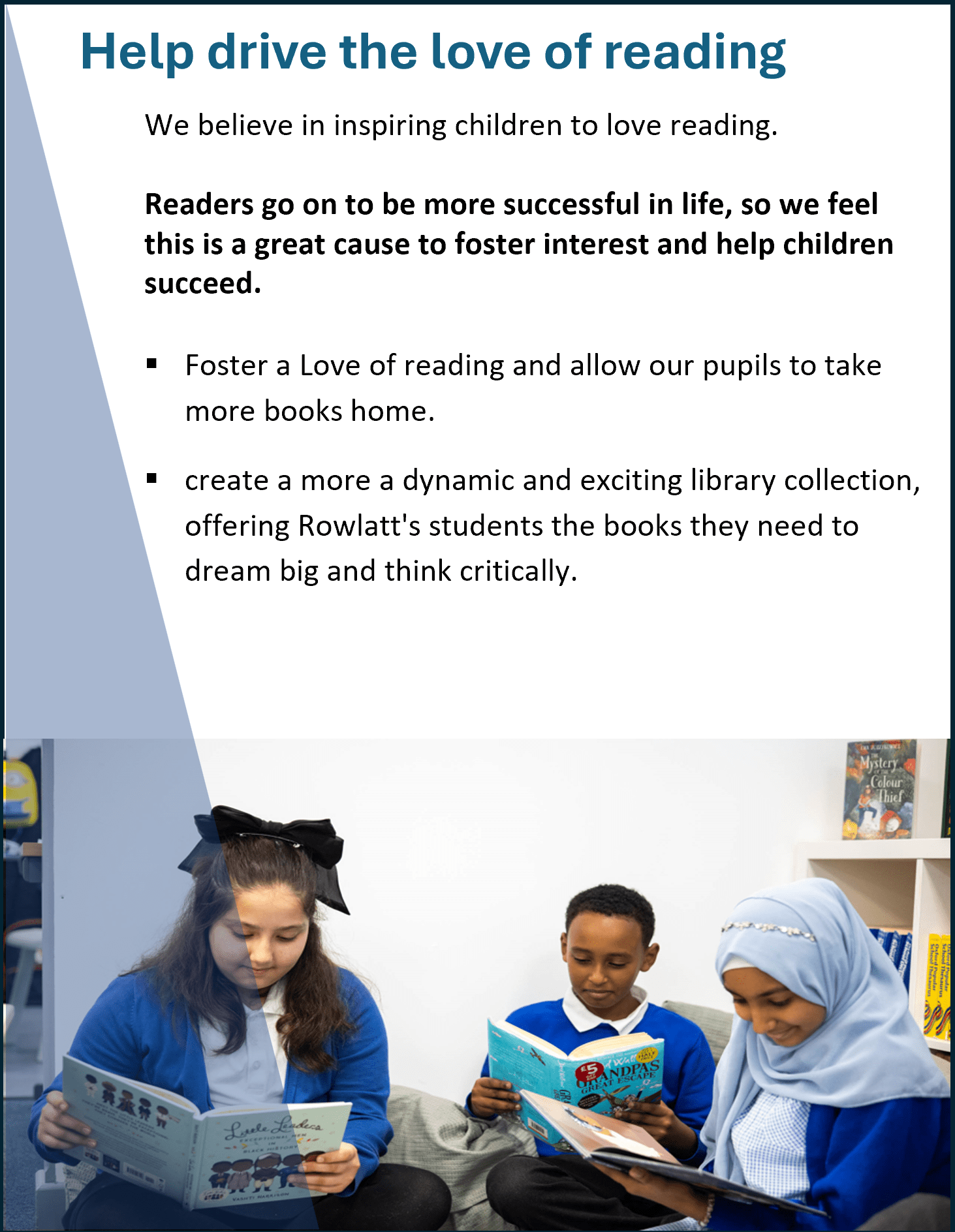History Curriculum Intent
At Rowlatts Mead, our History curriculum is designed to inspire curiosity, encourage critical thinking, and help children develop a secure understanding of the past and its influence on the present. We aim for all pupils to see themselves as historians who can ask questions, evaluate evidence, and understand how history has shaped the world they live in today.
Through our bespoke curriculum, we teach pupils to develop a strong sense of chronology, placing significant people, events, and periods of history on a timeline. From early civilizations and the ancient world through to modern British history, children explore a wide range of time periods, cultures, and themes. By revisiting key concepts such as civilisation, empire, democracy, migration, war and peace, and legacy, children are able to make meaningful connections across units of work and deepen their understanding over time.
Our history teaching includes:
-
Local history – enabling children to discover how events such as the Roman settlement in Leicester, the reign of Richard III, and Leicester’s role in both World Wars connect their own community to wider historical narratives.
-
British history – studying significant eras such as the Tudors, Victorians, and Anglo-Saxons, allowing children to explore how life has changed over time.
-
World history – learning from rich and diverse cultures including the Ancient Greeks, Ancient Egyptians, Mayans, and Vikings, providing pupils with a global perspective.
We follow the National Curriculum in ensuring that all children develop:
-
A secure knowledge of key events, people, and changes in British and world history.
-
An understanding of historical concepts such as continuity and change, cause and consequence, similarity and difference, and significance.
-
The ability to think critically about evidence, considering its reliability and interpretations.
-
The confidence to communicate their ideas as historians, using appropriate vocabulary and reasoning.
Enrichment opportunities such as workshops, museum visits, and re-enactments bring history to life and help children to experience it first-hand. Online and written resources, artefacts, and storytelling also play an important role in deepening understanding.
By the time pupils leave Rowlatts Mead, they will have developed a strong awareness of how the past has shaped the present, an appreciation of different cultures and perspectives, and the skills to question, analyse, and evaluate historical evidence. Above all, we want them to leave with a love of history and a curiosity about the world around them.




